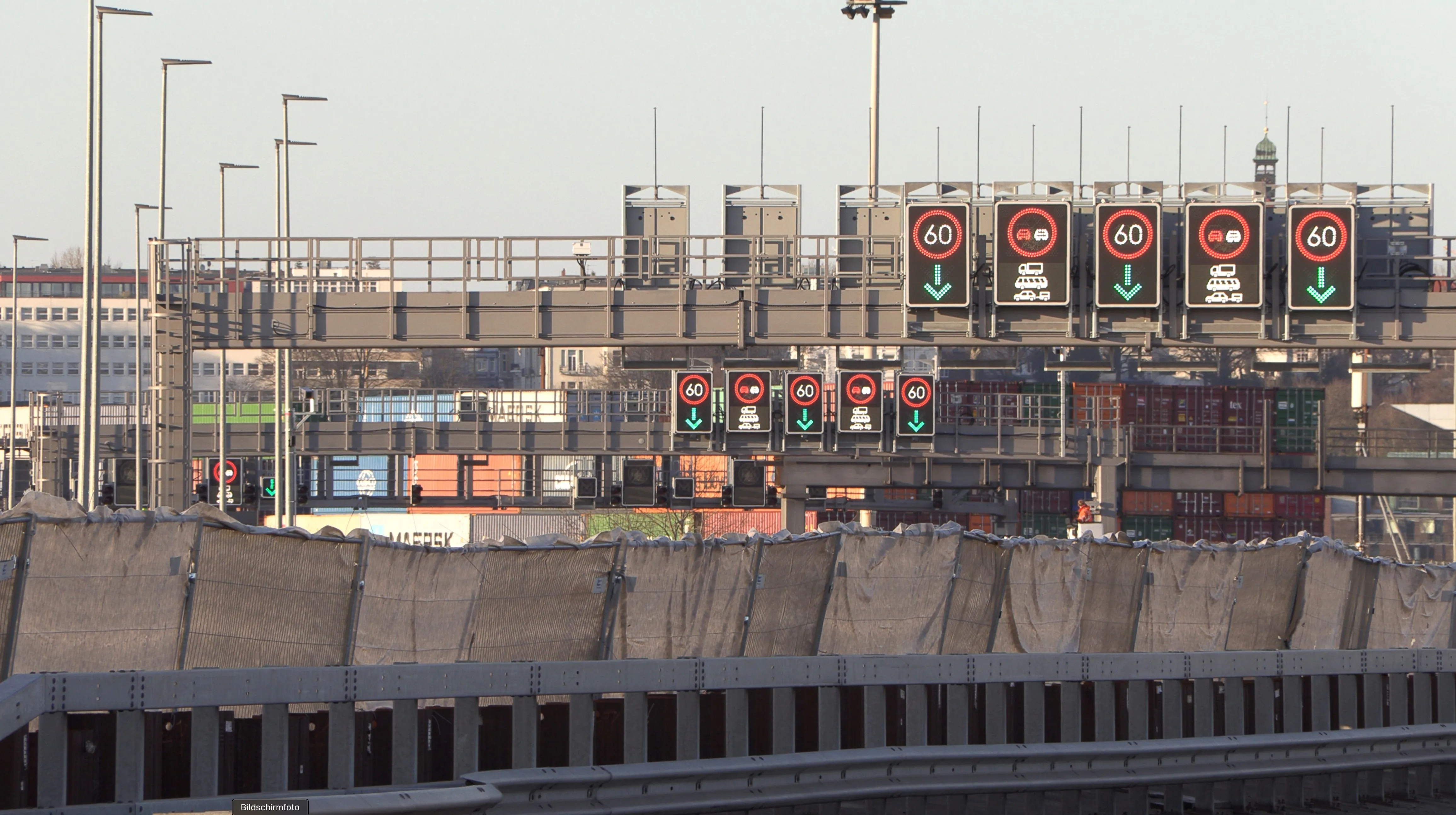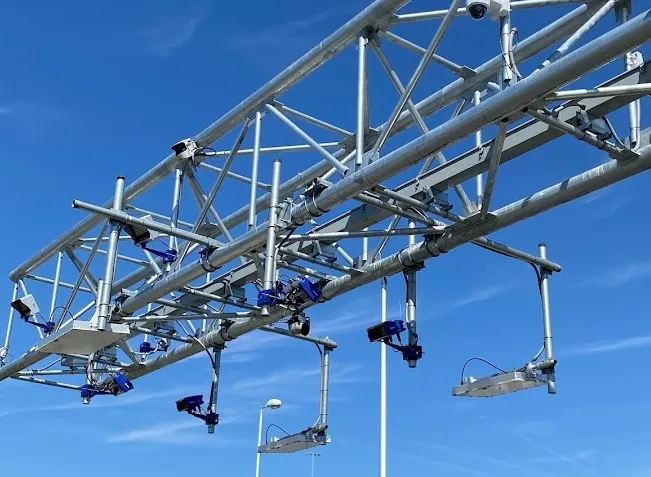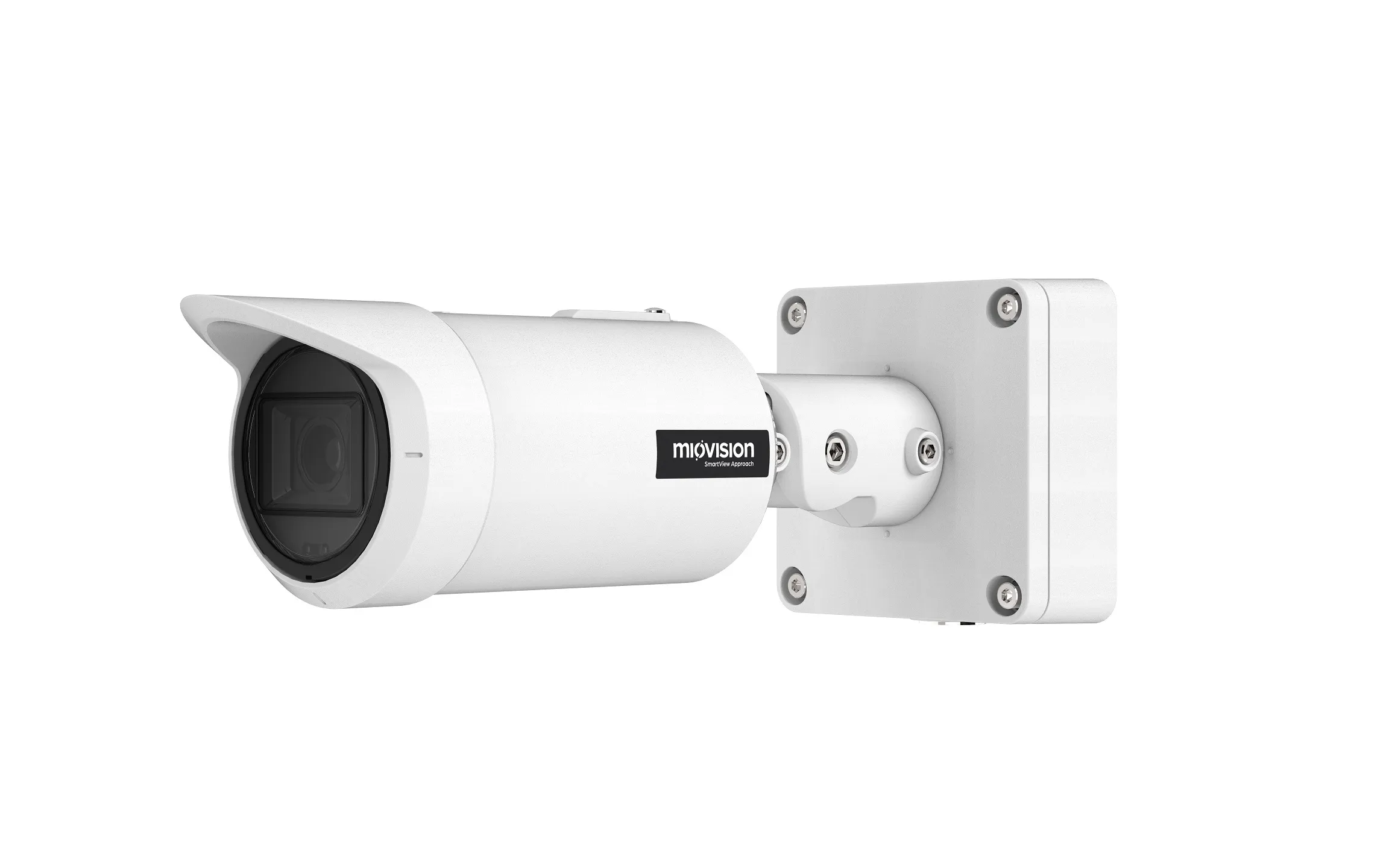
Yunex Traffic has installed a new intelligent traffic sign gantry on the A7 in Hamburg, Germany, as part of a highway expansion project to improve traffic flow and safety in and around the Elbe Tunnel.
More than 150,000 vehicles use the A7 in Hamburg every day; this number is growing which is why operator Die Autobahn plans to expand the road to eight lanes.
The gantry enables flexible reactions to traffic developments, with Yunex installing intelligent sensors on the highway to record traffic and environmental data and forward it to a traffic computer equipped with Yunex's Sitraffic Conduc software.
The computer evaluates the data and adjusts signs on the gantry accordingly, depending on weather, accidents or congestion.
"Especially in and around tunnels, the flow of traffic is fundamental, since the smallest disruption can quickly become dangerous," explains Yunex CEO Markus Schlitt.
Yunex is in charge of developing and installing the traffic systems for the project: at the end of 2023, it will install a 150m median transfer system on the A7, with moveable metal barriers allowing flexible blocking of individual road sections or tunnel tubes.
The new traffic signs are equipped with new LED technology, saving up to 90% of the energy used to illuminate the signs while the visibility is much higher.










